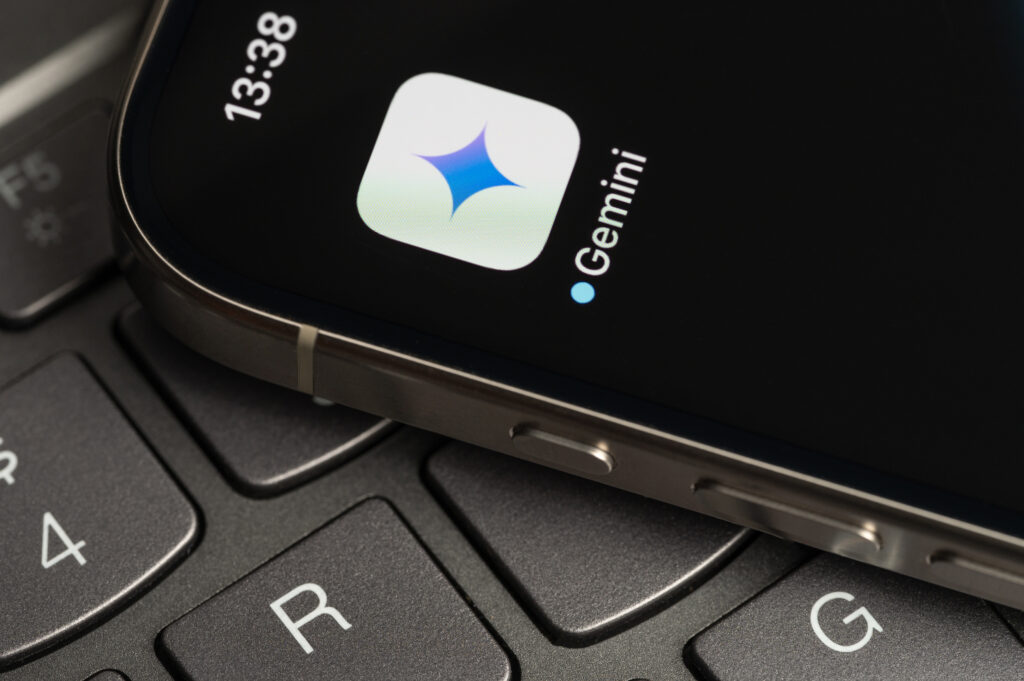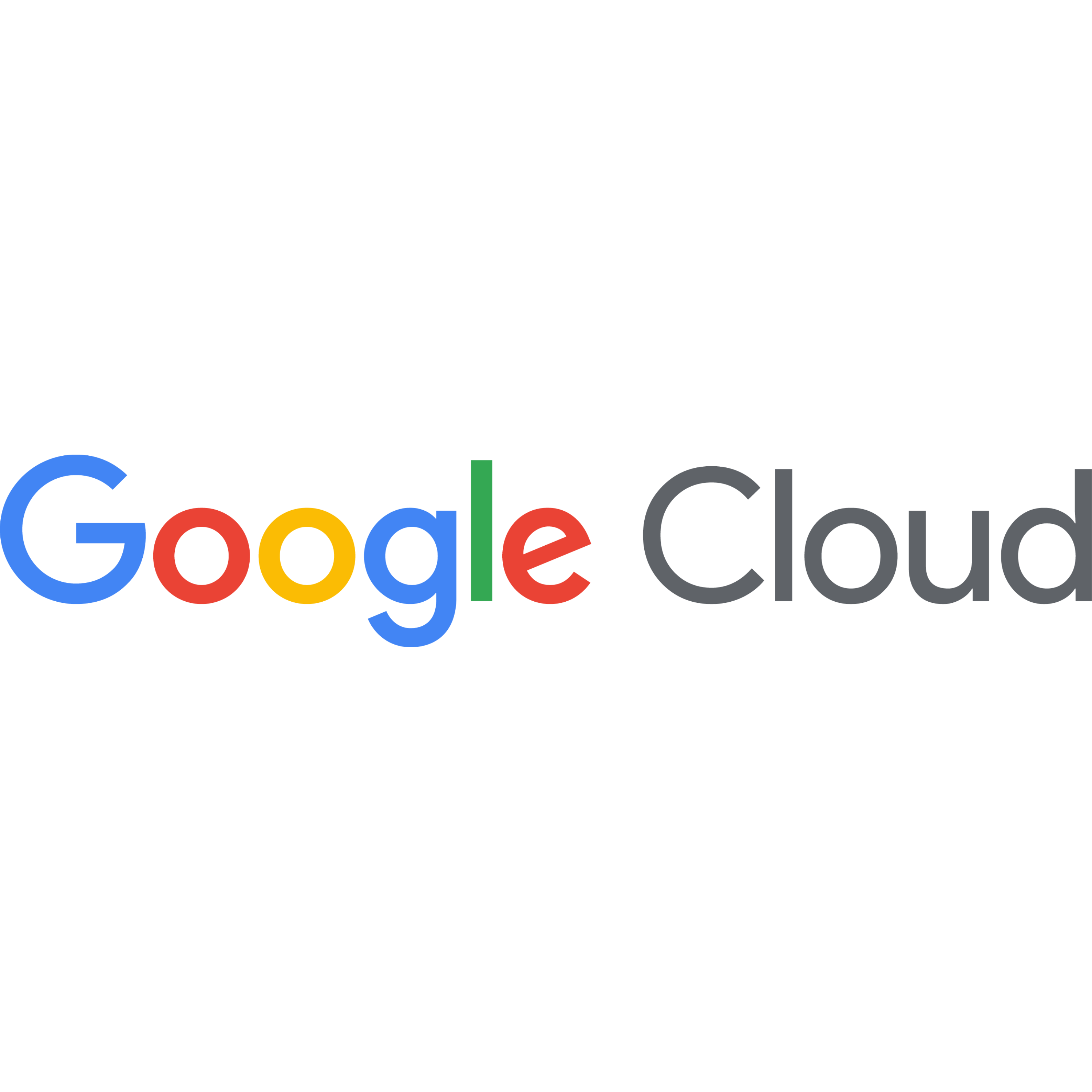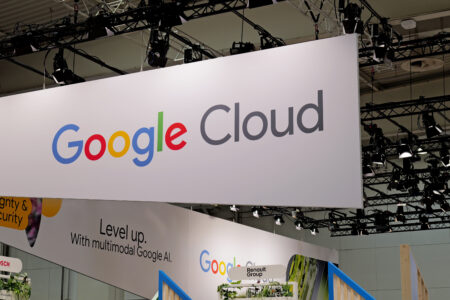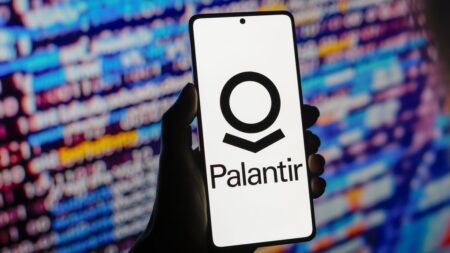
Buckle up, Google has unveiled its vision for Gemini, and the implications could be significant. The company plans on developing a universal assistant that can, according to Demis Hassabis, CEO and Co-Founder of Google DeepMind, “become a world model that can make plans and imagine new experiences by simulating aspects of the world.”
What does this look like in practice, and how will it differentiate Google’s leading multimodal foundation model, Gemini 2.5 Pro, from its competitors?
The Universal Assistant
“We’re working to extend our best multimodal foundation model, Gemini 2.5 Pro, to become a “world model” that can make plans and imagine new experiences by understanding and simulating aspects of the world, just as the brain does,” said Hassabis.
“Making Gemini a world model is a critical step in developing a new, more general and more useful kind of AI — a universal AI assistant,” he continued. “This is an AI that’s intelligent, understands the context you are in, and that can plan and take action on your behalf, across any device.”
To achieve this vision, Google is building on the capabilities of its research prototype, Project Astra, which includes natural interaction, action intelligence (enabling AI to take actions on behalf of users), video understanding, intelligent personalization, and more. With these enhancements, Google envisages Gemini in a position to perform daily tasks for users whilst also surfacing “delightful new recommendations.”
Another area Gemini will address is multitasking. Google has been developing these features through Project Mariner, which includes the ability for users to assign tasks to teams of agents that can be carried out simultaneously and replicate previous workflows.

AI Agent & Copilot Summit is an AI-first event to define opportunities, impact, and outcomes with Microsoft Copilot and agents. Building on its 2025 success, the 2026 event takes place March 17-19 in San Diego. Get more details.
What’s New?
At the recent Google I/O developer conference, the company announced a series of updates to the Gemini app that is bringing it closer to the vision outlined by Hassabis, including:
– Availability of Gemini Live (camera and screen sharing) for free on Android and iOS.
– Imagen 4, Google’s latest image generation model, is built-in.
– Video-generation model Veo 3 is also built-in.
– Updates have been made to Deep Research and Canvas.
– The introduction of Gemini integration in Chrome.
– Google AI Ultra, a new premium plan.
– 2.5 Flash is now the new default model for Gemini.
Closing Thoughts
When Gemini was first announced, it coincided with a period when major tech companies were launching their own foundational models. In that whirlwind, it was easy to view many of these models as being quite similar.
As time went on, specializations emerged, allowing customers to focus on more specific tasks using models designed for particular applications. Google took a relatively careful approach in rolling out Gemini, but today it is fully integrated with the company’s market-leading search capabilities.
This clear vision sets Gemini apart as a universal assistant. It’s a bold vision, one that Google can genuinely support. Why? Because it has already proven its capabilities by developing the world’s most popular search tool and a connected workspace ecosystem to rival Microsoft 365. Google truly operates in the “everything” space and choosing to focus on this universality rather than specific features could be a real game-changer for the industry.
Ask Cloud Wars AI Agent about this analysis










